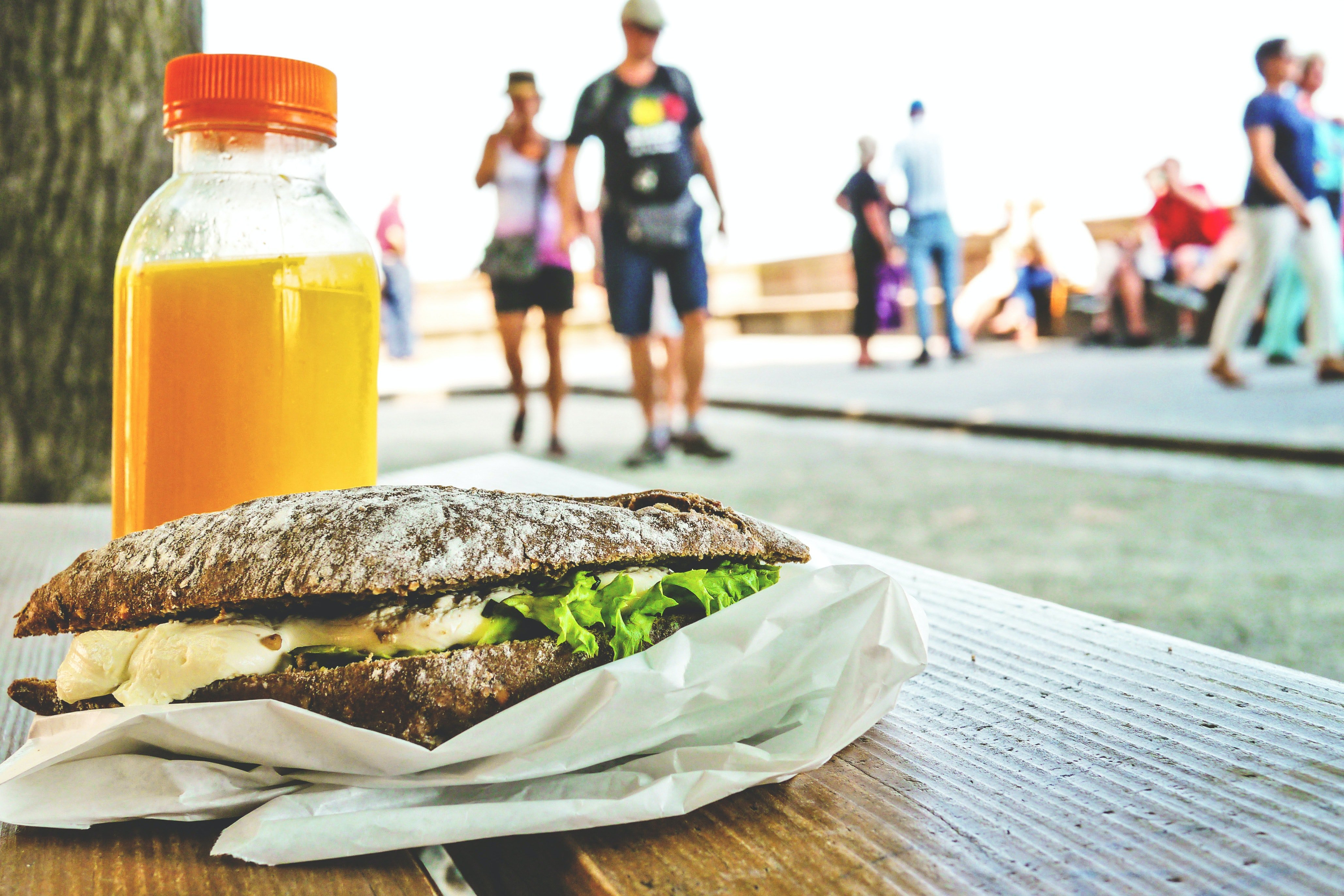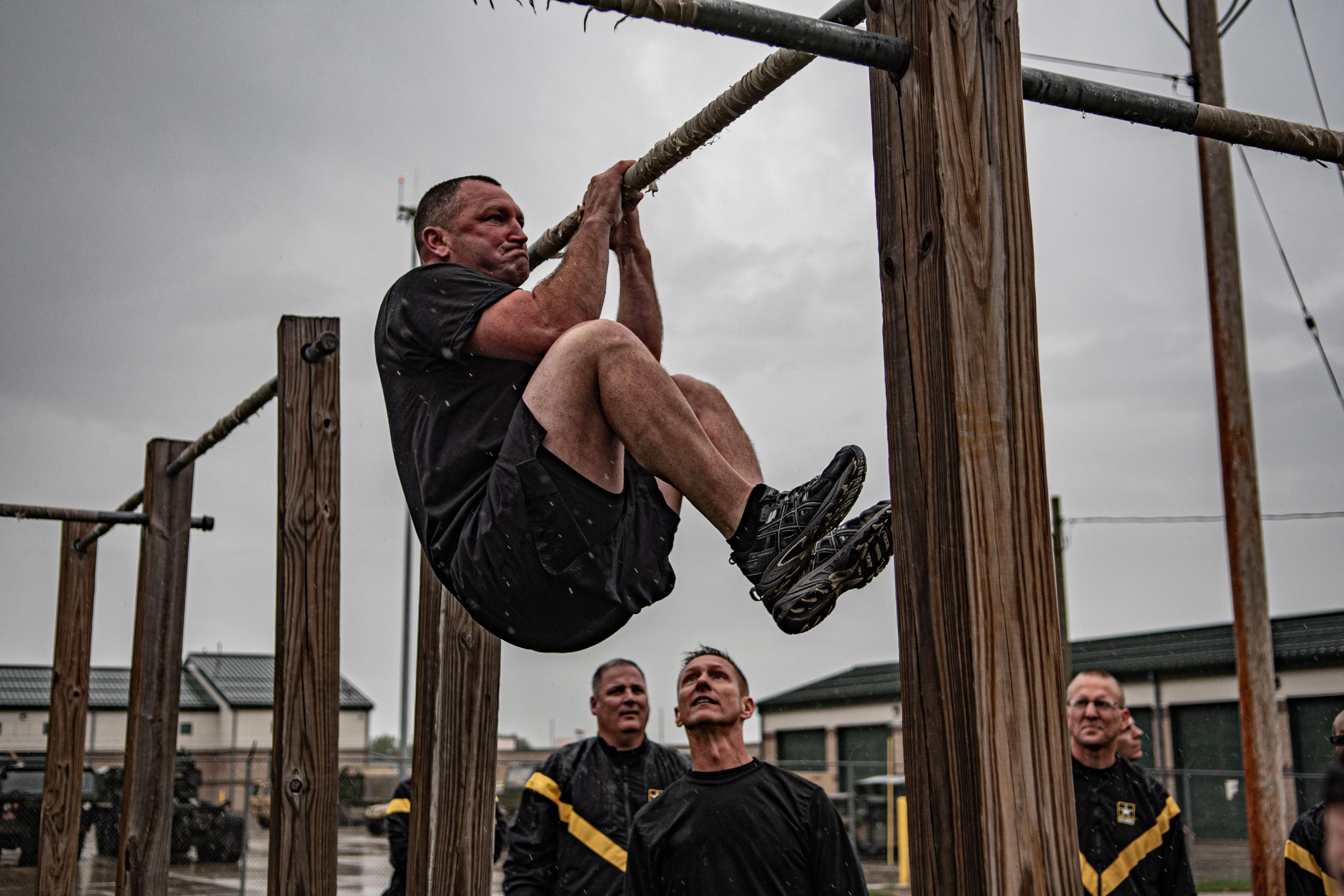The Gluten-Free Guide for Athletes
It is hard to ignore today’s buzz around being gluten-free. As an athlete I am always in search of ways I can give my body the best energy to increase my efficiency, strength and endurance. Based on today’s media, I find a gluten-free diet portrayed as a “must do”. I decided to critically investigate these claims, specifically researching the benefits and drawbacks in order to create this gluten-free guide for athletes. In addition, I also convinced myself to give up gluten for a month to find out if going gluten-free is right for me! Keep reading and you’ll learn the physiology behind going gluten-free, it’s relationship to athletic performance and my personal account of training without gluten.
First, What is gluten?
Gluten is a protein found in wheat, rye and barley. It gives bread and other wheat-based products elasticity, contributing to their chewy structure, and it often used to thicken sauces and soups.
Next, Why avoid gluten? And what is Celiac disease vs. gluten sensitivity?
While gluten provides no adverse affects for the average American, research shows that 1% of the population in developed countries have a disorder called Celiac disease in which gluten becomes a enemy of the body. Celiac disease is an autoimmune disorder of the small intestine caused by the body’s reaction to a gluten protein. This inflammatory reaction damages the lining of the small intestine interfering with the absorption of nutrients and causing gastrointestinal symptoms such as abdominal cramping, bloating and pain.
This is not to be confused with gluten sensitivity. Gluten sensitivity can cause similar symptoms as celiac disease of abdominal pain and cramping when consuming gluten, however the small intestine is not damaged. The prevalence of gluten sensitivity is hard to estimate, as there is no official test to determine sensitivity.
Are there benefits to being gluten-free without being intolerant/sensitive?
"It's mostly mental energy you're talking about, not energy supplied to muscle tissues." (referring to the effects of a gluten-free diet)
-David Levitsky, Cornell University Division of Nutritional Sciences
I have found that there is no convincing research that says that being gluten-free is beneficial if an individual has no reaction to the consumption of gluten. Yet, there are many claims that being gluten-free boasts energy, and overall well-being. Never having had any adverse symptoms, I decided to go gluten-free for a month and see the affects. Throughout the month I did not see a noticeable increase nor decrease in energy during my training sessions. I found simple substitutions for bread--(corn tortillas), and cereal--(gluten-free oats) as well as brown rice and quinoa pasta to satisfy my energy needs. At the end of the month I felt relatively the same, and finally got to enjoy a bowl of Life cereal that was eyeing me from my pantry. My experience begged the question why do some people who are not intolerant see benefits while I do not? The conclusion I came to was that the diet restriction of gluten-free eating cuts out many processed foods that are commonly consumed by Americans.
Sugary cereals, pretzels and endless other snacks that have high glycemic indexes must be substituted with non-gluten products such as a handful of nuts, fruit or vegetables helping to maintain stable blood sugar levels. These substitutions increase overall health regardless of being gluten sensitive. As for me, I limit my intake of these snacks on a regular basis thus cutting out gluten only really changed my sandwiches from on bread to corn tortillas and not having an afternoon bowl of cereal.
So what does this mean for athletes?
"The changes in my diet have been fantastic and I feel stronger than ever,"
-Dana Vollmer
As an elite level athlete, it is important to find what nutrition plan is best to fuel your body to reach your athletic goals. If you are troubled by discomfort after eating large amounts of gluten, like Olympic goal medalist Dana Vollmer, a gluten-free diet may be best for you. With this new gluten-free craze there are a plethora of options in grocery stores and in restaurants that meet your needs as a competitive athlete.
Experimenting with your diet to find the best fuel for your body can be a simple and powerful way to increase performance. I also believe that this experimentation is best utilized during your off season where experimental changes in your diet, cannot negatively affect your peak performance. Keep an eye out for more nutrition Building Blocks exploring the Paleo Diet, as well as a discussion on vitamins and other supplements.
Care to see other nutritional articles? Check out this post on milk types or this one on nut butters.
- http://digestive.niddk.nih.gov/ddiseases/pubs/celiac/
- Verdu, Elena et al. Between Celiac Disease and Irritable Bowel Syndrome: The “No Man’s Land” of Gluten Sensitivity. Am J Gastroenterol. 2009 June; 104(6): 1587–1594. http://www.ncbi.nlm.nih.gov/pmc/articles/PMC3480312/
- http://www.active.com/a3_articles/81149b75-0f89-4e64-b939-800e02375a3b/1?page=1
- http://www.examiner.com/article/gluten-free-diet-helps-dana-vollmer-feel-better
- http://online.wsj.com/news/articles/SB10001424052748703509104576327624238594818
About the Author

Shelley graduated from UC Berkeley in 2012 majoring in Integrative Biology and is currently applying to nursing school. She competed on the women’s swim team at Cal and contributed to three NCAA Championship team titles in her four years. Shelley’s interest in exercise physiology was sparked after discovering connections between the materials learned in her anatomy lab and her athletic endeavors. It is her goal to share this knowledge and inspire other athletes to make these connections to help them reach their personal goals. After finishing her swimming career in 2012, Shelley is now a triathlete utilizing her background in exercise physiology to aid this athletic transition.
Related Posts

Supplement Safety with Tactical...
Dietary supplements seem like the "magic pill" a tactical operator needs to perform better,...

Eating Healthy on the Go: Tips for Busy...
It's no secret that tactical professionals have weird schedules. So why do health professionals...

Post-Training Nutrition for Tactical...
Eating after a workout can be a challenge for tactical professionals. Having grab-and-go fuel...



